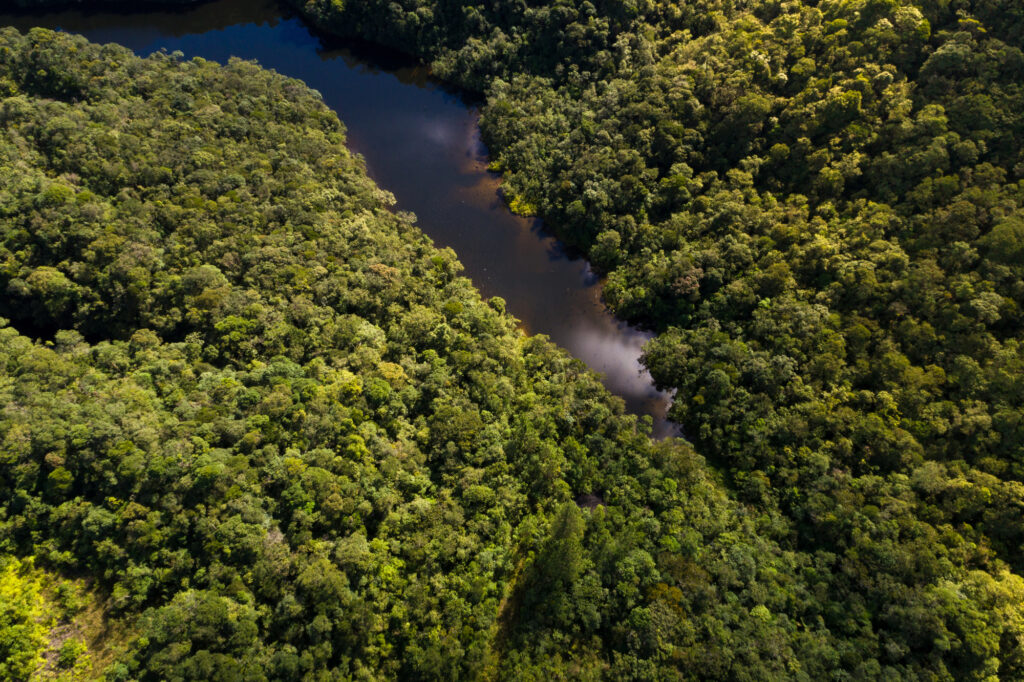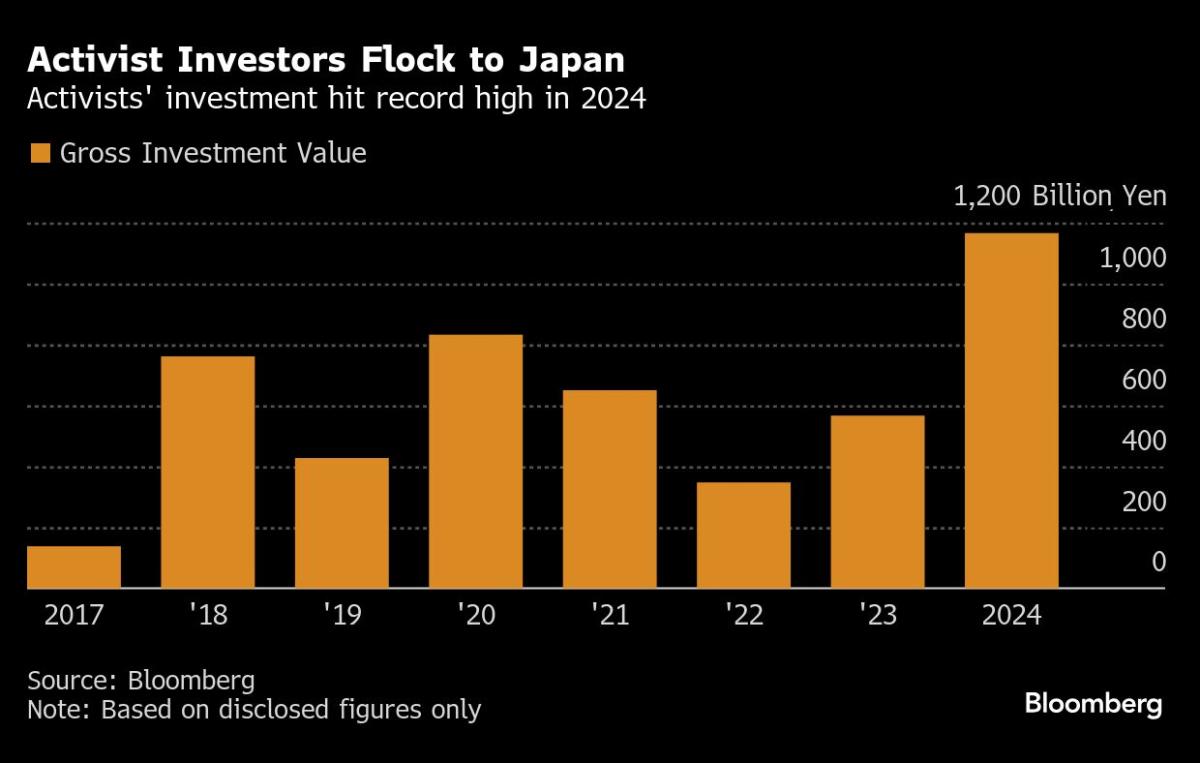- Ciscom Corp Secures $12.8M Non-Dilutive Financing Package to Fuel M&A Growth Strategy
- Disbennett Wealth Management Group Voted 2024 Best in Ohio Business Award, Financial Planning Firm by Ohio Business Magazine
- More than 50% of American Gen X parents worry their kids will need financial help into adulthood. Is their concern real?
- Amex, Chase & Bank of America face credit card backlash – Personal Finance – Finance
- These 10 tips could help you meet your 2025 money goals
This article is an on-site version of our Moral Money newsletter. Premium subscribers can sign up here to get the newsletter delivered three times a week. Standard subscribers can upgrade to Premium here, or explore all FT newsletters.
You are viewing: Green venture finance weathers the storm
Visit our Moral Money hub for all the latest ESG news, opinion and analysis from around the FT
And then there were none. JPMorgan Chase’s announcement yesterday of its departure from the Net Zero Banking Alliance means that no major US bank now remains in the group. Peers Citigroup, Bank of America, Goldman Sachs, Wells Fargo and Morgan Stanley have all quit in recent weeks, leaving only three much smaller US institutions as members.
JPMorgan, the world’s biggest private-sector bank, said it would continue to support client investments in the energy transition. But US banks’ dash for the climate alliance exit, after heavy pressure from Republican lawmakers, is a conspicuous move to reduce their political liabilities before Donald Trump returns to power later this month.
In the venture capital world, meanwhile, green investment is down but not out. Read on for the details.
clean technology
Putting the green venture finance slump in perspective
The latest numbers are in for venture capital funding into climate tech and they don’t look pretty — at least, not at first glance.
According to new research from market intelligence company Sightline Climate, global venture and growth equity investment in climate-related start-ups declined for a third successive year in 2024, to $30bn. That’s 14 per cent lower than the 2023 figure — and down more than a third from the record haul of $48bn in 2021.
See more : Canadian Finance Minister resigns as Trudeau government’s popularity flounders
Proof that investors have soured on the green tech story? Don’t get carried away.
For one thing, climate-related venture flows have actually held up better than the wider VC market, in which investment volumes have plummeted since 2021, partly due to higher interest rates. Total global venture capital investments, at $242bn in the first three quarters of last year, were 52 per cent lower than in the same period of 2021, according to KPMG.
Meanwhile, the broader financing picture for climate tech start-ups looks more robust. New debt finance soared from $13.9bn in 2021 to $45.6bn last year, offsetting the decline in equity finance, according to research company Net Zero Insights. In short, as these companies grow and mature, they are moving on from venture capital to bank debt and other forms of non-dilutive capital. Banks’ share of global climate tech funding rose from 7 per cent in 2021 to 16 per cent in 2024, Net Zero Insights found.
Sightline chief executive Kim Zou said this trend helps to account for a plunge in venture funding for the electric vehicle and batteries sector, which accounted for a huge share of climate tech investment in recent years. Green transport-focused start-ups raised $7.8bn last year, down 36 per cent from the year before. Even that figure was flattered by a monster $1.1bn fundraising by IM Motors, a Chinese state-backed EV start-up.
“We’re seeing a maturation now happening in the EV and battery sectors, where a lot of the companies that raised venture funding are either becoming the winners or they’re dropping out of the race because they haven’t been able to get past that manufacturing hurdle,” Zou said.
Clean-tech winners and losers
Other clean tech sectors received a surge of venture investment last year — notably a 12 per cent rise in financing for energy start-ups, which overtook transport to become the most hotly funded sector of clean tech, with nuclear, geothermal and energy storage doing particularly well.
A big driver here is the rise of artificial intelligence and big tech companies’ desire to power their fast-expanding data centres without totally jettisoning their sustainability programmes. One of the biggest venture deals of the year was a $550mn fundraising by Brazilian low-emission data centre developer Scala Data Centers.

Interest from leading US tech companies has also been a big driver for growth in funding for direct air capture, which uses machines to suck carbon dioxide from the air. A $150mn funding round by DAC company Heirloom Carbon helped drive a 28 per cent rise in venture funding for carbon removal companies last year.
See more : Markets lower on last trading day of the year
It is hard to find an upbeat narrative for some of the new data. Notably, equity investment in ventures focused on decarbonising high-emitting industries declined more than a quarter from 2023, despite growth in funding for ventures focused on cleaning up mining and cement.
A 12 per cent annual decline in the number of investors in climate tech venture and growth equity deals, meanwhile, might look like a grim sign. But Zou argues that this reflects the increasing strength of specialist funds, as generalist investors slip away. “Climate tech investing requires a lot of expertise,” she said. “It’s not necessarily a bad thing that we’re seeing less quantity of investors coming into climate tech, but more quality.”
Smart reads
Fighting talk A top Nato official has criticised “stupid” investors for avoiding the weapons sector.
Disclosure drama The European Investment Bank fears a “reputational disaster” over new EU green reporting rules.
In the drink Investors in alcohol companies face a troubled outlook.
Source link https://www.ft.com/content/accc21b7-082a-41c9-b243-a25e5f2598ea
Source: https://summacumlaude.site
Category: News







